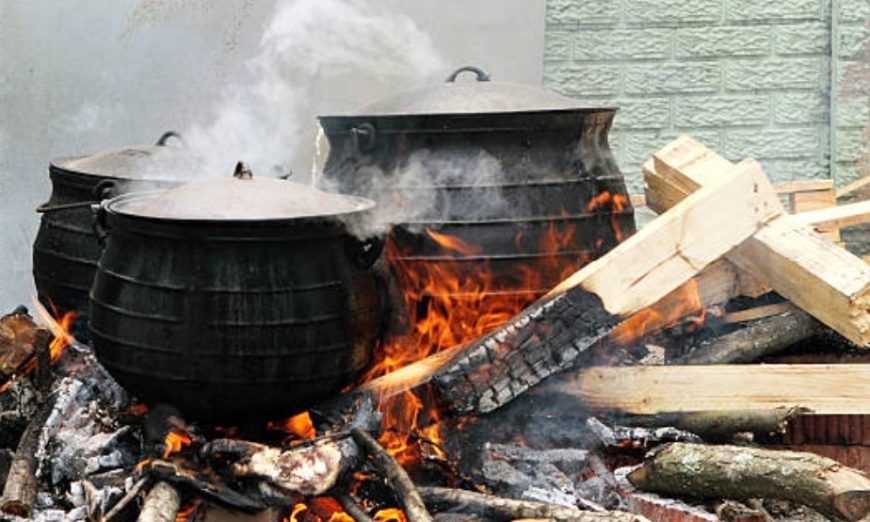ACROSS Africa, the simple act of cooking a meal carries hidden costs. In millions of homes, families rely on firewood, charcoal, or kerosene stoves, filling kitchens with smoke that damages health, contributes to climate change, and places a heavy burden on women and children.
According to the Clean Cooking Alliance, only 9.2 % of Tanzanian households had access to clean fuels and technologies in 2022, with just 2 % of rural households benefiting compared to 20 % in urban areas.
Tanzania has set ambitious targets through its National Clean Cooking Strategy 2024–2034, aiming for 80 % household access to clean cooking by 2034. This effort positions the country as a leader in Africa’s clean-cooking agenda, and as COP 30 approaches, Tanzania’s role is attracting international attention.
Across the continent, progress varies. In Kenya, clean-cooking access increased from around 10 % in 2013 to over 30 % by 2023, according to the International Energy Agency.
But more than two-thirds of Kenyan households still rely on firewood, charcoal, or kerosene. In Ghana, about 30 % of households have access, with rural adoption at only 12 %. Central African countries lag behind, with low modern fuel access and high dependence on biomass. East Africa’s average clean-cooking access is about 16 %, with Tanzania among the lowest at approximately 10 %.
Why Tanzania’s leadership matters
First, the country is translating policy into action. Nearly 90 % of households in Tanzania still rely on firewood or charcoal, with firewood accounting for 63.5 % and charcoal 26.2 %, according to government estimates.
By creating a clear roadmap and linking clean cooking to health, gender empowerment, energy access, and climate mitigation, Tanzania is setting a model that other countries can follow.
Second, Tanzania is taking a continental role. As chair of the African Group of Negotiators and a host for initiatives like the Mission 300 Summit, the country is convening African governments, civil society, and development partners to push clean-cooking solutions across borders.
At COP 30, Africa can expect Tanzania to:
– Champion a unified continental voice, framing clean cooking as a climate, health, and gender priority.
– Mobilize financing, highlighting that Africa’s clean-cooking sector received only USD 675 million in 2023, far below what is needed.
– Promote scalable models, such as pay-as-you-go cylinders, local stove production, and urban natural gas rollouts.
– Ensure accountability, by using data to monitor progress and encourage results-based approaches.

Challenges remain. Infrastructure in rural areas is limited, modern fuels are often more expensive than wood or charcoal, and behavioral change takes time. As BIBI CARE, a rural-based Tanzanian NGO noted, “households will continue using firewood and charcoal until the infrastructure is thoroughly improved.”
Yet the benefits of success are enormous. Clean cooking reduces greenhouse-gas emissions, improves health, frees time for education and income generation, and empowers women. It represents a rare intersection of climate action and social progress.
When delegates gather at COP 30, Tanzania will not merely be another voice at the table – it will be Africa’s leader on clean cooking.
If it succeeds in coordinating continental efforts, mobilizing resources, and driving tangible change, the continent could see a turning point where kitchens no longer threaten lives, but instead ignite opportunity and resilience.










